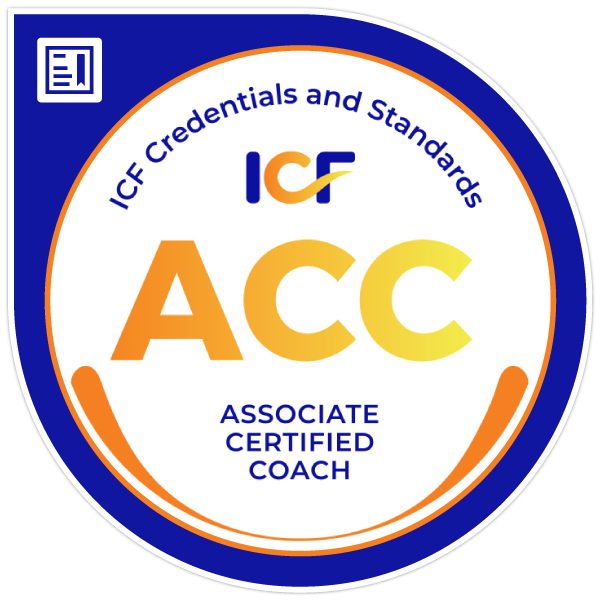Self-Awareness: The game changer for new leaders
Being a new leader has its own challenges.
You're now facing new responsibilities, and you sometimes feel stuck between your team and the organization's needs.
This can create a lot of emotions rising, doubts, stress.
This is not pleasant.
If those emotions are not named and addresses, this can lead to more doubt, stress, leading to lack of confidence; and the vicious circle is activated.
One way to address this issue is to be more self-aware.
What is that, you might ask?
Self-awareness is the skill to be aware of your emotional experience and know what you are feeling most of the time. This is the capacity to recognize how your feelings and emotions impact your personal opinions, attitudes and judgments; and how it might affect your team.
It's really about getting to know the person behind the title – you.
Pff, I know, not an easy task.
So, how do we get there? I've got some down-to-earth advice and a story that just might hit close to home.
1. Name and learn to recognize your emotions
To master your emotions, start by identifying what you're truly feeling: What am I genuinely feeling at the moment? Am I truly feeling this, or is this something else?
Be curious about them.
Avoid labeling your emotions as wrong. Every emotion serves a purpose.
2. Journaling
Sounds old-school, right? Think again.
Focus on recording your daily experiences, emotional reactions, and the outcomes, then reflect on these entries to identify behavioral patterns and emotional triggers. By doing this, the next time similar situations arise, you'll be more ready to affront them.
You can do it on paper, on your laptop, recording your voice... what suits you best.
3. Feedback is your friend
Receiving feedback may be uncomfortable, yet it's invaluable. Solicit honest opinions from colleagues, friends, and family about your strengths and areas for improvement, listening attentively and openly without defensiveness. Don't forget to thank them for the feedback and to act on it.
4. Personality tests for the win
Ever tried one of those personality assessments like an EQ test or the Strengths Finder? They're not just fun and games. They can shed light on your personality and how you handle emotions. You might just discover something new about yourself, and it can help you define a strategy to increase your self-awareness and emotional skills in general.
5. Mindfulness and meditation
I see you yawning there. Far from being just a fad, taking a few quiet moments each day to reflect can help you tune into your thoughts and emotions. It helps you press pause in the middle of the day to check in with your inner self.
Let's take an example from one of my clients. Let's call him Alex.
Alex led a team at a fast-paced startup, believing everything was fine. Yet, he felt something was off.
Putting in practice some of the tips above explained, he discovered his daily "pep talks" were too intense.
In fact, each morning he was giving a talk to his team, but the team felt these talks were overwhelming rather than inspiring. Feedback revealed he was seen as critical, not supportive.
Knowing that, Alex changed his approach. He adjusted his leadership style, focusing more on acknowledging his team's achievements and having regular individual check-ins. He noticed an improvement in the team spirit and performance.
This could not have been possible without his journaling technique and without asking for his team's feedback.
Conclusion
Being more self-aware can truly transform your leadership style. So why not give these tips a shot? Your leadership journey is uniquely yours, and who knows, you might just be the next big success story. What tip will you implement first?
Enjoy the journey!
Best,
Natalia Pliszczak






